Firstly, construction activities were on the rise, leading to increased demand for wood products. In addition, many of the mainstream Nigerian banks were expanding, setting up branches and offices around the country, offering project opportunities to woodwork companies and making it easier for the companies to obtain loans and manage their capital. Finally, and perhaps most importantly, the federal government of Nigeria in 2004, under President Olusegun Obasanjo, introduced a new policy banning the importation of furniture into the country.
This policy was a response to stalling economic growth and to promote local production of furniture. After relying heavily on income from crude oil business between 2005 to 2015, the federal government was not prepared for the precipitous drop in oil prices in 2016. Not only has the country’s economic growth stalled, Nigeria now finds itself in deep fiscal crisis.
One of the biggest challenges affecting the economy is that it is import dependent. A number of companies that should have engaged in local production also were importing finished products for domestic projects, which, reduced gross domestic product and increased unemployment throughout the country. The effects were felt in all sectors, but the woodwork industry was one of the hardest hit. A similar dynamic played out in the textile industry in the late 1990s, when textiles manufactured in Asian countries were indiscriminately imported into Nigeria in alarming quantities, bringing the textile industry in Nigeria to its knees.
It was clear something had to be done. The government’s solution was to introduce structural reforms to keep jobs and sales within the country, with the ultimate aims of economic growth, fiscal stability, and reduced reliance on the oil business. One important aspects of the reform was the introduction of a policy that banned the importation of furnished furniture into Nigeria, mitigating the lost domestic income from this sector and giving the woodwork industry, among others, a much-needed opportunity for growth. Changes to taxes, tariffs, and interest rates were also beneficial for woodwork companies as they started to rebuild towards a stronger economic position.
The policy changes had a palpable impact within the Nigerian woodwork industry and throughout the country as a whole. The boom attracted a lot of investment capital into the country, and local investors also began to show more interest in the woodwork industry. Furniture factories were set up all over the country, most notably in Lagos state, which had the highest number of established furniture factories in the country. The rapid and significant growth in the industry created employment opportunities especially for the youths across the country.
Of course, the increase in both supply and demand meant that competition between furniture manufacturers was at an all-time high, and manufacturers scrambled to design and develop newer, better ranges of furniture. During this time, Nigerians' taste in furniture changed faster than the Paris fashion scene! Consumers came to demand ever higher standards of quality, appearance, feel, practicality and durability of furniture. Desperate to make their mark, furniture manufacturers reacted by investing in new smart technologies, functions and features to meet these ever-changing needs. Some companies in the woodwork industry took the opportunity to actually show their customers how their exclusive furnishings are manufactured, with demonstrations of the high-tech processing centers and software programs they use to maintain the highest quality. These companies became known in the market as specialists in equipping luxury properties with top-quality interior fittings.

For a while, the growth of the industry and its future seemed well assured. But recent developments have seen a downturn in investments and growth in the industry. While initially the boom encouraged healthy competition in the woodwork industry and actually increased the quality of the end products, high manufacturing costs meant that over time some woodwork and construction companies began to take short cuts and adopt ugly practices in the name of saving money.
This in turn reduced investor confidence and reduced capital investment in the industry, further increasing the pressure felt by small woodwork companies. These ugly practices only further contribute to the root cause of the economic challenges currently being experienced in Nigeria and counter the effort of the federal government
This decline in investment in the woodwork industry contributed to the downturn in the industry, but the problem was compounded by the gradual failure of the government’s structural reform. While the principles behind the reform were sound, poor leadership and weak institutions meant that the policy was poorly implemented, and traders took advantage of the fact.
Despite the potential barrier posed by the legislation, Nigeria remains a primary target market for countries looking to export cheap furniture. Business traders found ways to get around the legislation by importing furniture products into Nigeria in containers, with blatant disregard for the new laws and policies. Illegal importation of contraband furniture products in Nigeria is now rampant. In particular, many Asian and European countries have taken advantage of the opportunity to export large volumes of finished furniture.
It is common practice for Nigerian construction companies undertaking major projects like luxury mixed-use buildings and hotels to buy furniture components, including kitchen fittings, direct from international manufacturers. It has become difficult, even impossible, for Nigerian furniture companies to match the prices these international companies were able to offer. The unfair and illegal trading of international furniture products in Nigeria has created a volatile business environment where domestic furniture manufacturers cannot secure or recover the capital they have invested into setting up and running their furniture factories.
Like an aggressive cancer, the illegal importation of furniture products and the ugly practices some Nigerian woodwork companies are adopting just to try to stay competitive are slowly eating away the fabric of the furniture industry in Nigeria. The Nigerian economy is stagnant. Yet in the face of this clear present and future crisis, the current federal government seems to be turning a blind eye, refusing to confront the cancer that threatens to destroy the industry entirely. Already many furniture factories have been forced to make the tough decision to close their doors, leaving thousands of Nigerian youths out of work.
It’s time for the federal government to revisit and re-introduce the policies that created growth in the industry. If it fails to do this and robustly enforce the ban on importation of finished furniture into Nigeria, soon there won’t be an industry left to save. Proper implementation of legislation with appropriate methods of enforcement will force construction companies and traders to observe the relevant laws and policies. Only then can Nigeria expect to see its economy stabilize and its employment levels rise.
It’s not too late. With the right intervention and urgency, the Nigerian woodwork industry can return to the success of its glory days.
Source - Linkedin Pulse
Posted by Wahab Sanni, CEO, Solamith Limited



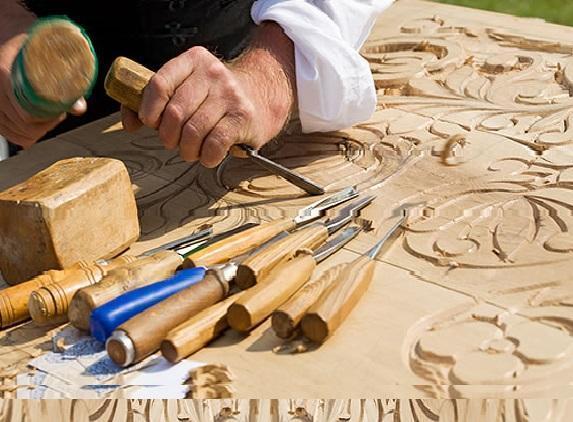


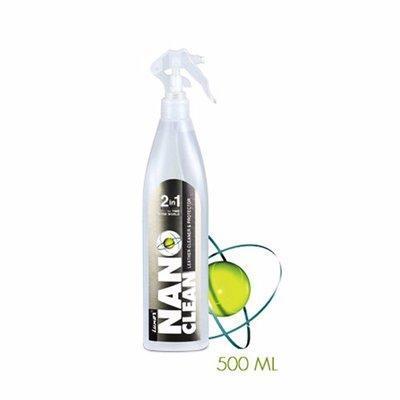

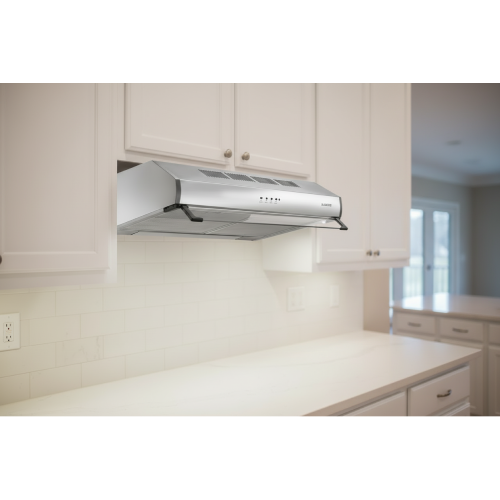
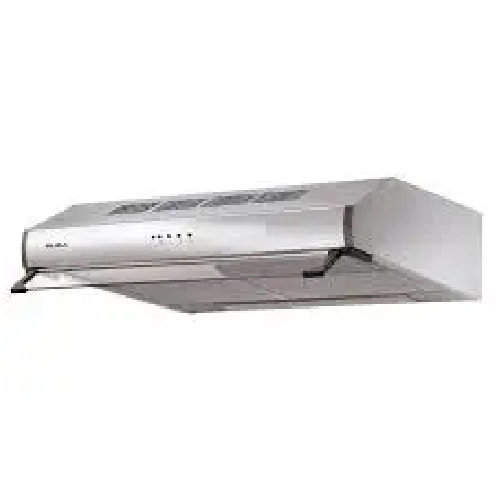
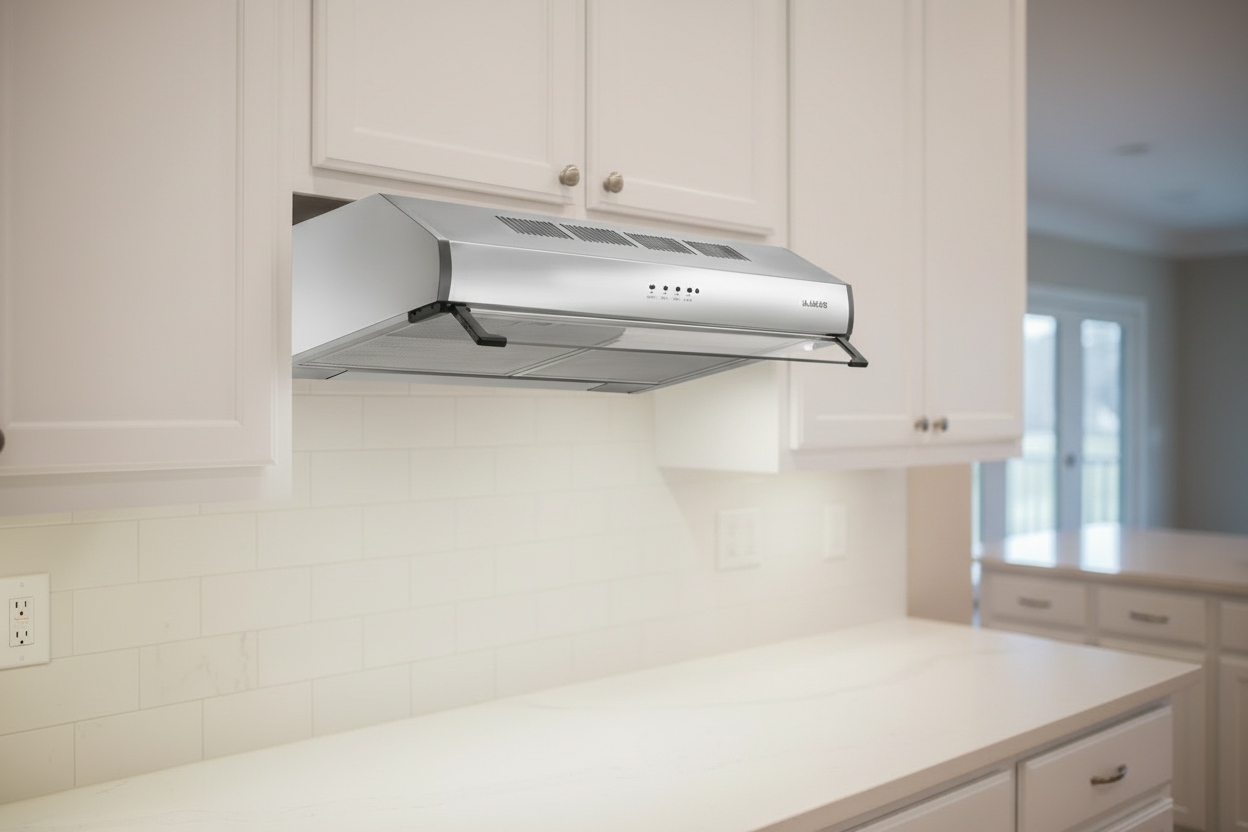
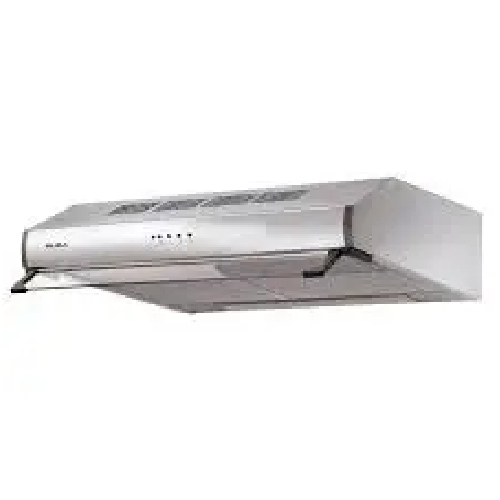
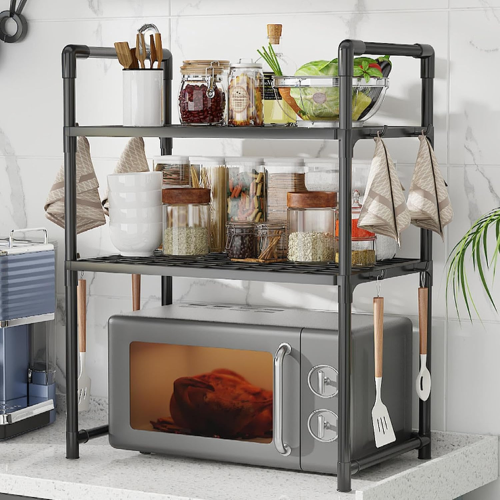
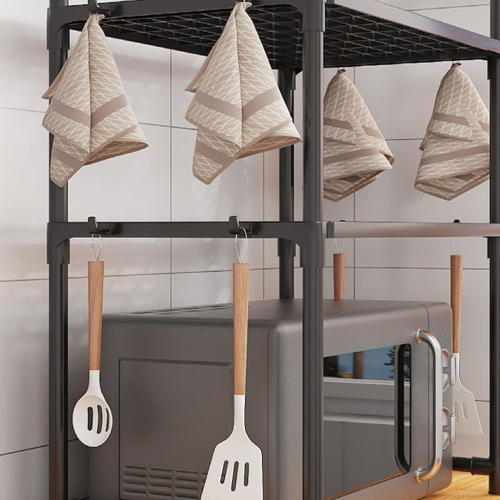
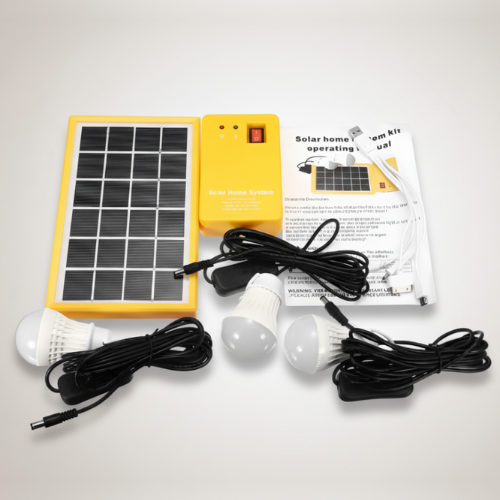
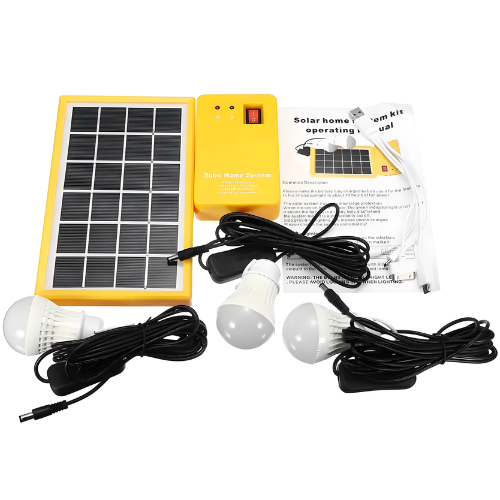
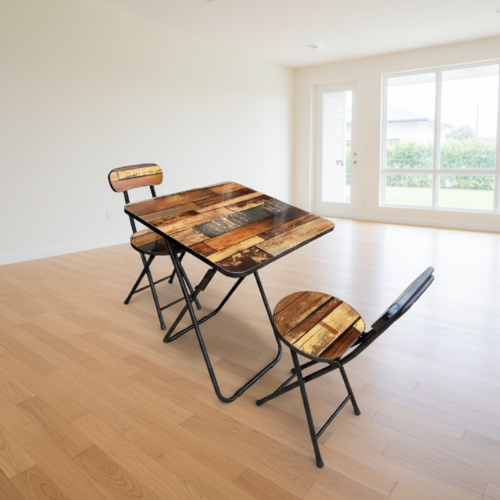
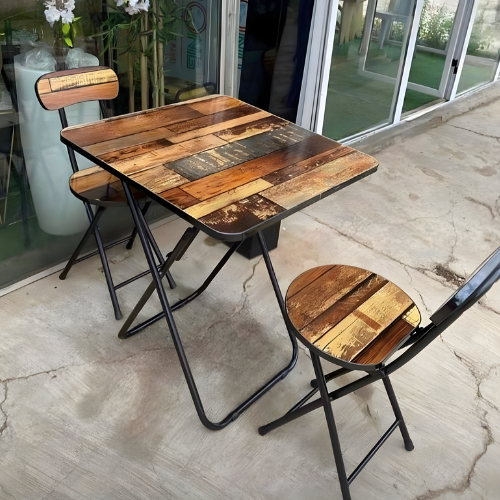
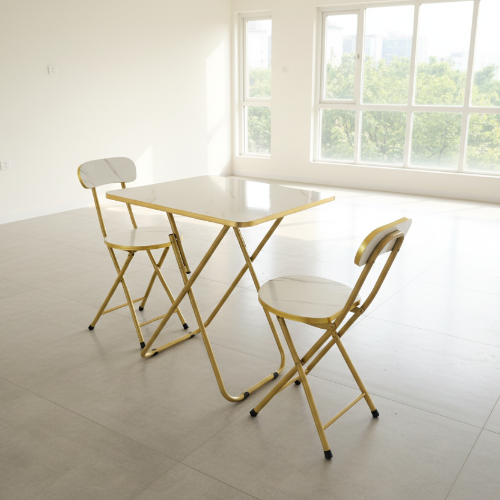
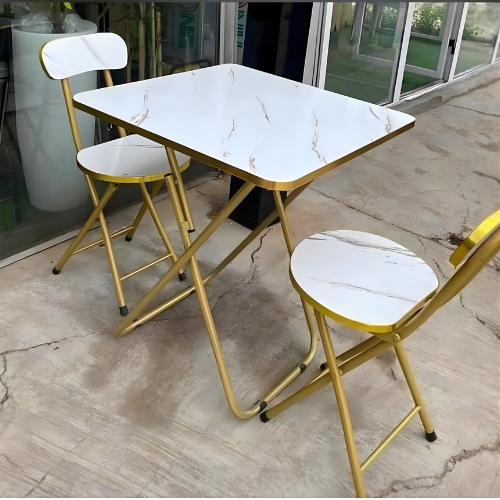

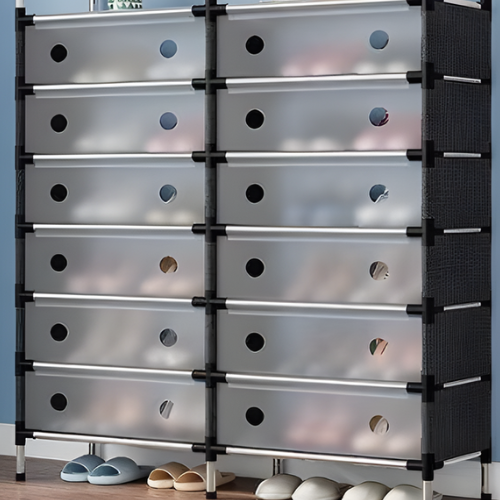


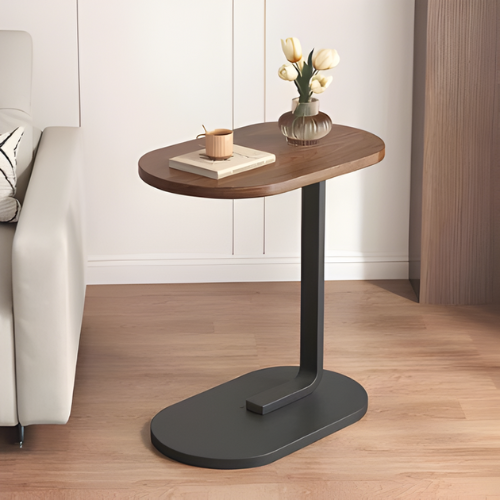
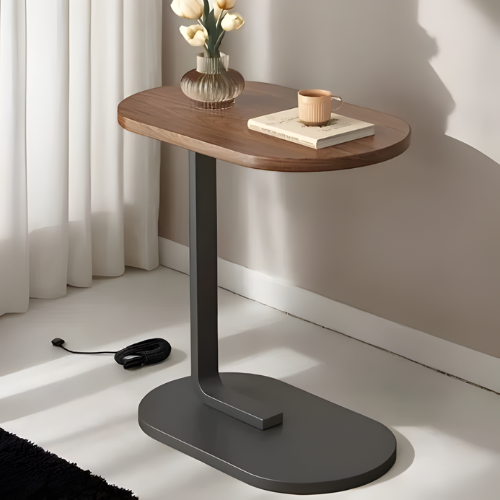
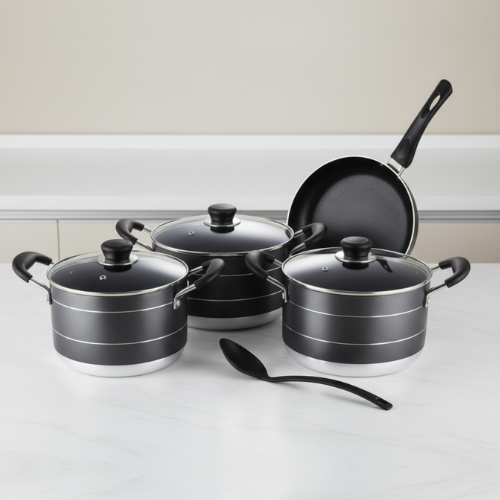
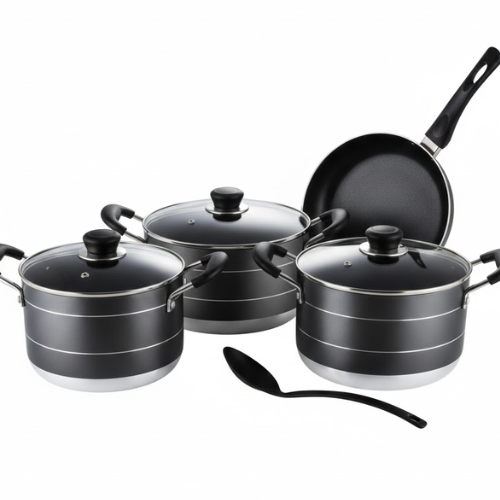
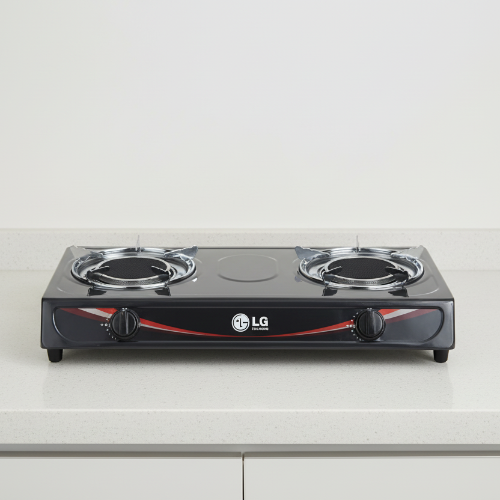
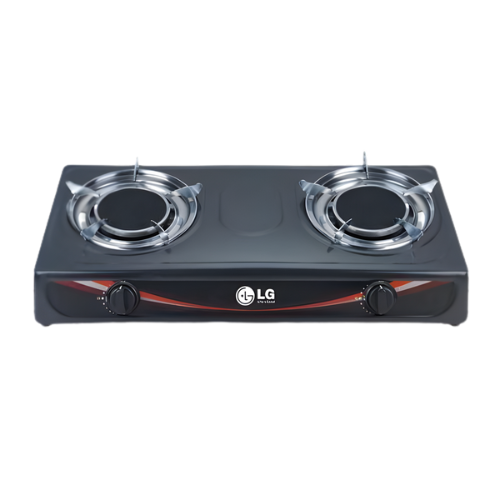

1 comment
Iroko mause
Good innovation